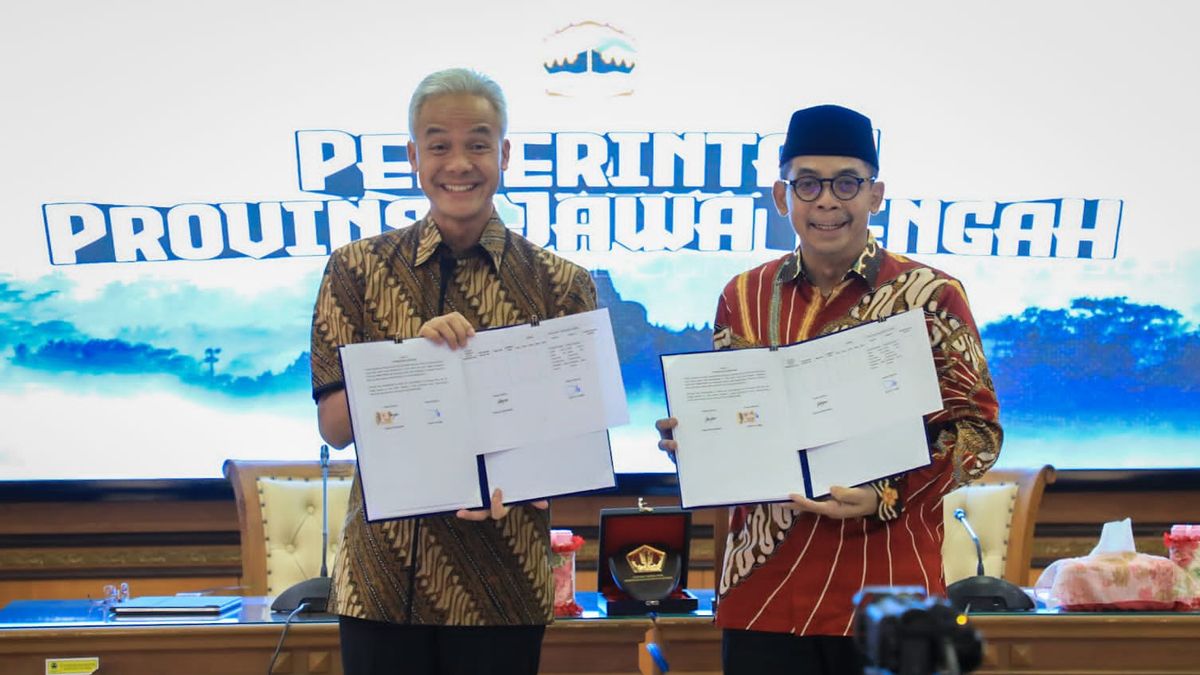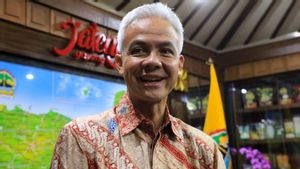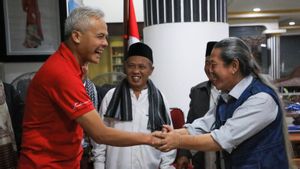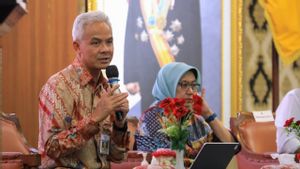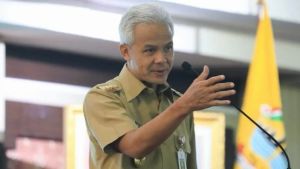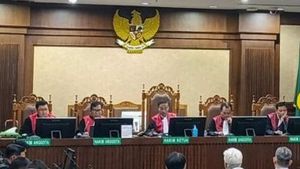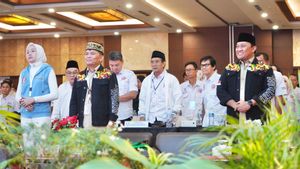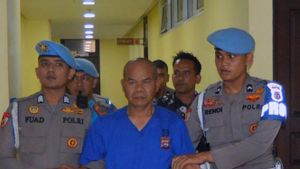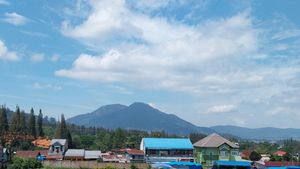In order to optimize tax revenues in a transparent manner, Central Java Governor Ganjar Pranowo signed an MoU with the Directorate General of Taxes at the Ministry of Finance.
The agreement is related to the synergy of optimizing the central and regional taxes, particularly regarding the One Data Indonesia program.
"We and the Governor have just signed an MoU, namely synergizing data between us and the provincial government. The goal is one for optimizing revenues. Because, for those of us who manage central taxes, as well as those who manage regional taxes, they will definitely want optimal taxes," said Director General of Taxes, Suryo Utomo, at the Central Java Governor's office, Friday, April 14.
Suryo explained that the way to optimize tax revenue is with data synergy. In addition, cooperation between actors is also done, because the objects and tax subjects are managed almost the same. Therefore, it takes a platform to communicate with taxpayers.
"On the other hand, increasing the capacity of the perpetrators. We and also his members in Central Java, how can we really increase tax revenue in each institution. Thank you to the Governor, today we can hold an agreement and the big goal is to increase acceptance. And one more thing, how our data with his data can synergize, talk to each other about the data, because it is very important that the data function for the implementation of the duties and functions of each institution," he said.
Central Java Governor Ganjar Pranowo said strong encouragement from all stakeholders related to One Data Indonesia was needed. He gave an example, in the context of taxation as much as possible, jointly managed between the center and the regions. For example, at the provincial level there is motor vehicle tax and district/city level there is restaurant, hotel and UN taxes.
"This one Indonesian data can be translated into the context of taxation. If that's possible, we can manage it together, it could be one. Does the basis use NPWP, whether Dukcapil, NIK, we can make one. Then we will tell the public, listen to it like this. If there is a problem with taxes, then the method will be like this," he said.
Through this pattern, Ganjar continued, people learn how transparency is carried out and they all have a responsibility as Indonesian citizens.
"If it can be done then it will be delicious. Everything can be done very transparently," he said.
SEE ALSO:
Ganjar added that the signed paltform or MoU is expected to be a shared spirit to collect taxes properly and correctly. Also how to reduce the potential for irregularities that will emerge. Finally, the public will have confidence and awareness that it is a good taxpayer, nothing is covered up, and everything can be transparent.
"This is what we encourage so that the One Data Indonesia problem related to several sectors, one of which is in the tax sector, we can smooth it. Yes, if it can be done from above all roads, it will be good, but if not, it will be done. The term is business movement, from the bottom to the top. So that later there will be best practices that can be used as examples, so others want to imitate because it is for the good of everything," said Ganjar.
The English, Chinese, Japanese, Arabic, and French versions are automatically generated by the AI. So there may still be inaccuracies in translating, please always see Indonesian as our main language. (system supported by DigitalSiber.id)
